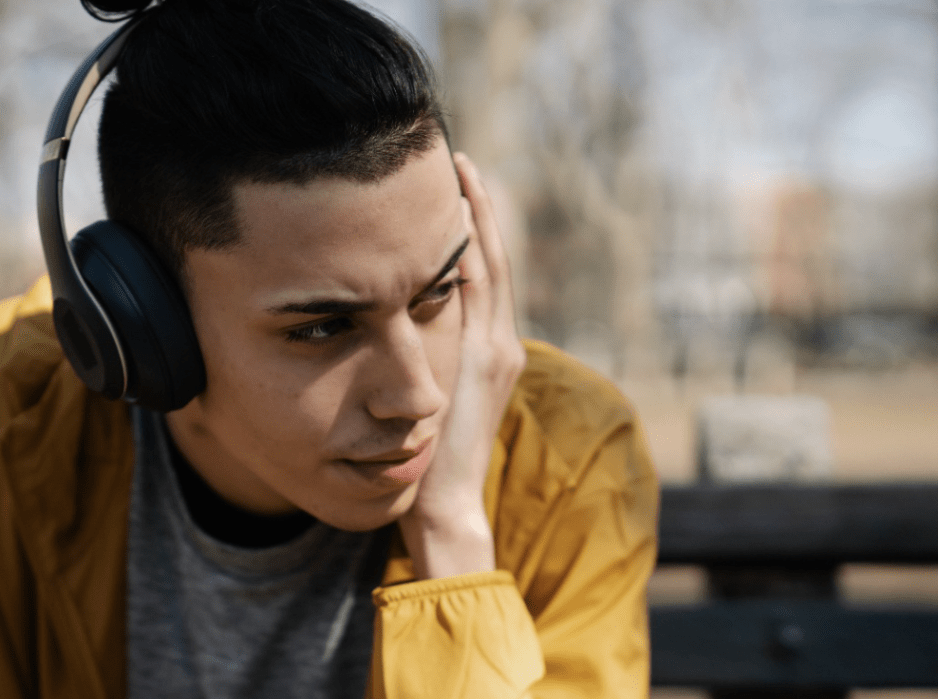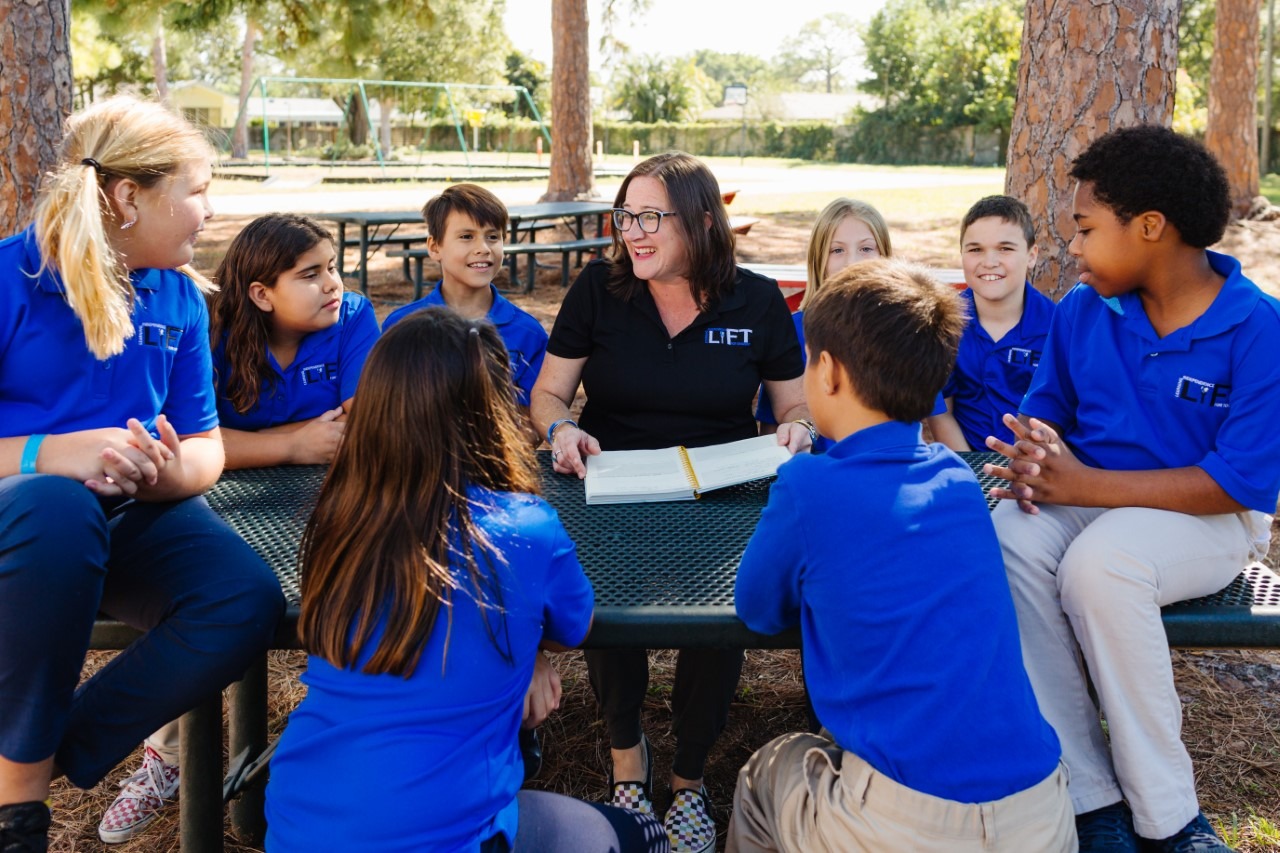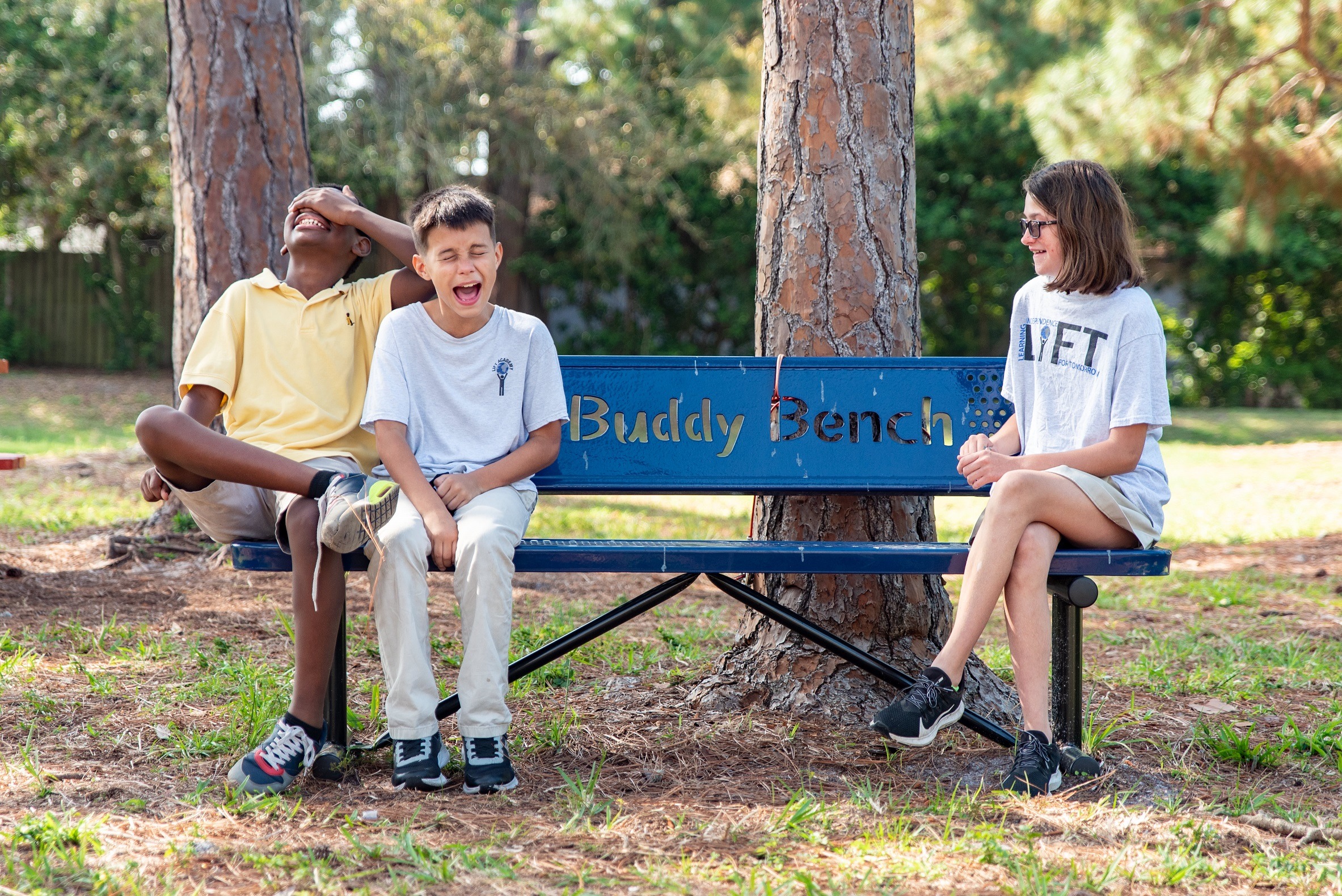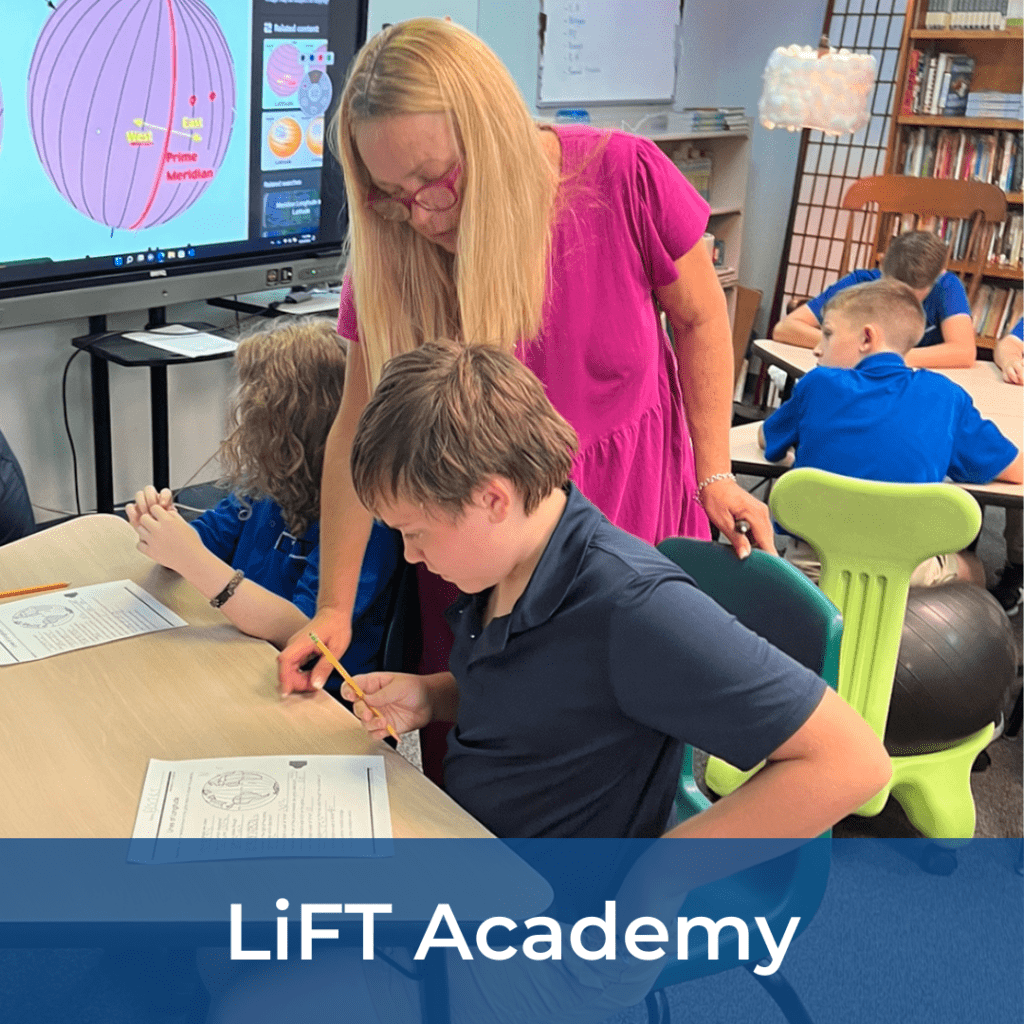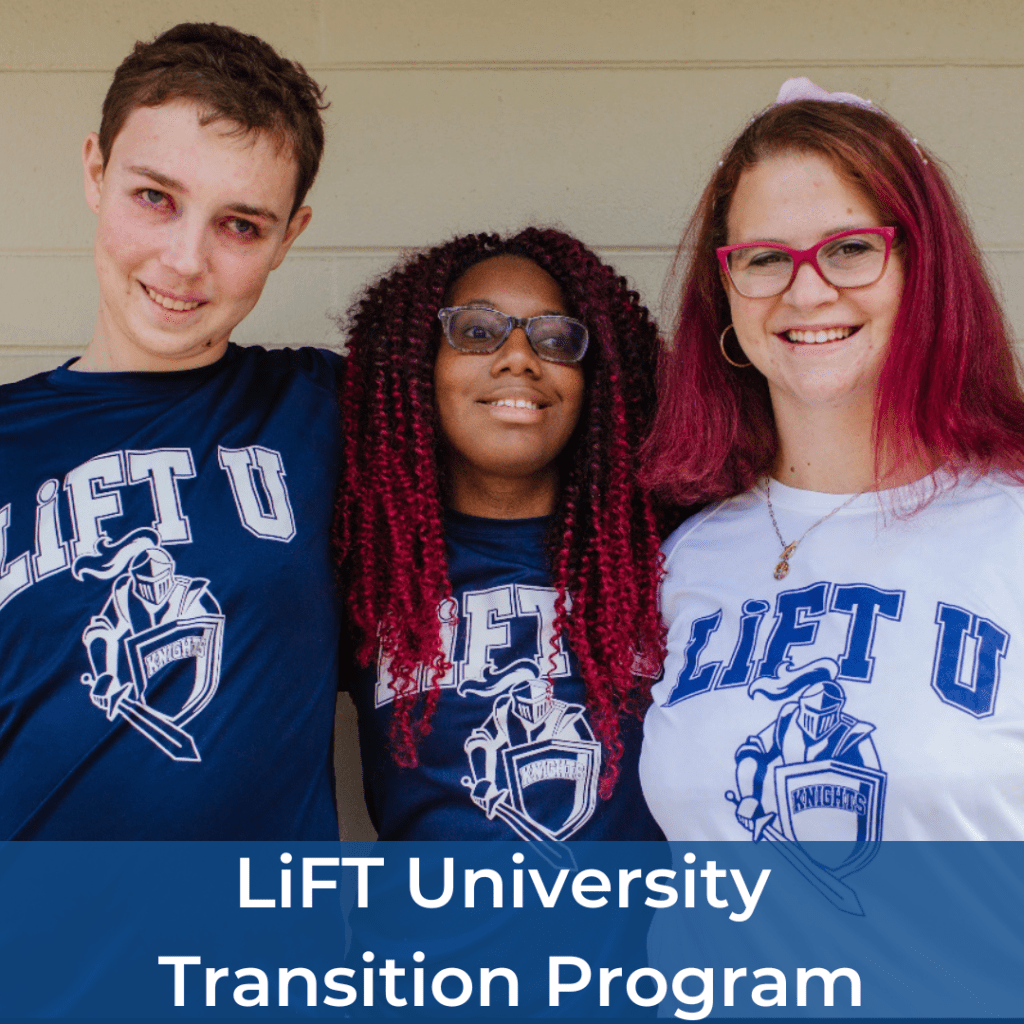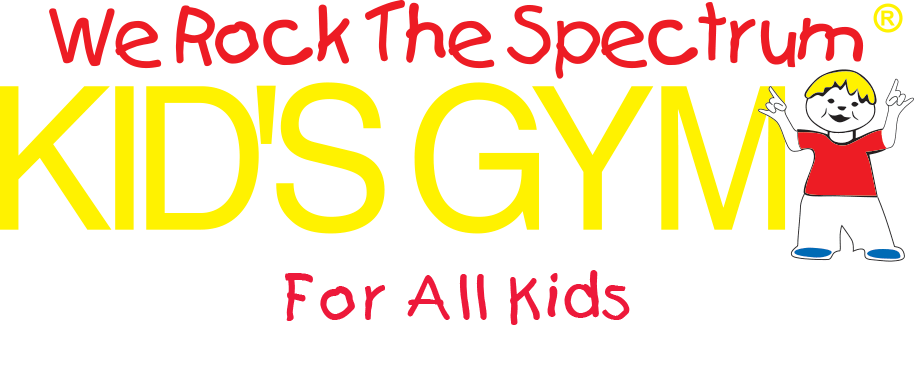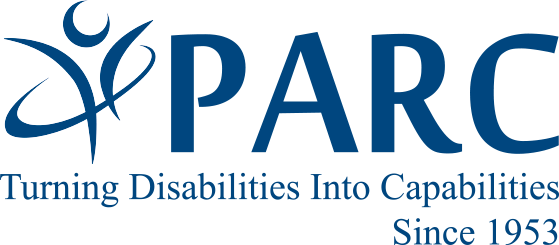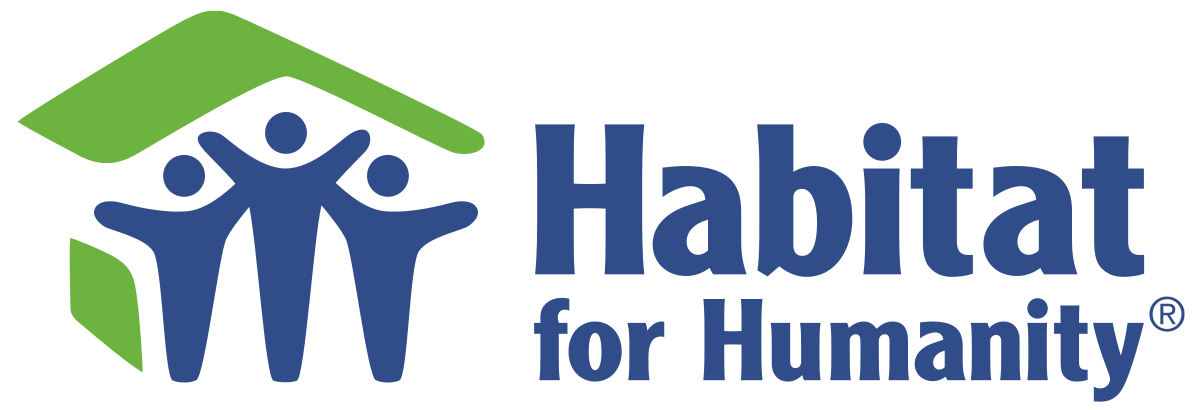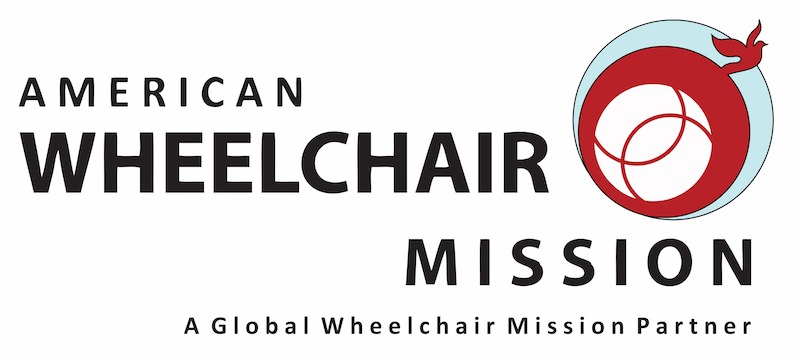Need One of the Best Schools for Sensory Processing Disorder?
Have Any Questions About SPD? Then Contact Us Now!
Or Call Us At 727-258-7659
What Is Sensory Processing Disorder?
Why would you need one of the best schools for Sensory Processing Disorder? How do you know what Sensory Processing Disorder is? Lets take a look. Sensory Processing Disorder (SPD) is a neurological condition in which the brain processes and responds to sensory information from its environment in an abnormal fashion, such as overreacting or underreacting in response to stimuli such as sounds, lights, touch, taste or smell. People affected by SPD may either overreact or underreact when exposed to such stimuli as sounds, lights, touch taste or smell – making life uncomfortable for those affected.
Sensory Processing Disorder sufferers may become oversensitive to certain textures, sounds and smells and become overwhelmed or anxious in environments with too much sensory stimulation. At times they may seek stimulation through loud music or physical contact that interferes with daily life activities.
Is SPD A Separate Diagnostic Category?
SPD can often occur alongside other developmental or neurological conditions, including autism spectrum disorder, ADHD and anxiety disorders; and can impact daily activities, social interactions and academic/occupational performance negatively. While not officially recognized by DSM-5 as a separate diagnostic category, SPD is nevertheless widely utilized clinically.
Here Are A Few Ways SPD Affects Children
Sensory Processing Disorder can have different impacts on children depending on their individual sensory processing patterns and severity of symptoms. LiFT Academy is one of the best choices for schools for sensory processing disorder. We identify SPD and recognize the common ways in which SPD affects children which include:
Behavior and Emotional Regulation:
Kids with SPD can exhibit challenging behaviors, including tantrums, aggression, anxiety or avoidance in response to sensory stimuli that trigger their sensory sensitivities or overwhelm their sensory systems.
Social Interactions:
SPD can impede children’s ability to engage in social interactions and play with peers. Kids may shun physical contact, have trouble taking turns or sharing, or prefer solo activities.
Academic Performance:
Children with SPD may struggle with tasks requiring sensory input such as handwriting, reading comprehension or following directions due to their sensory processing issues.
Motor Skills:
SPD can have a negative effect on children’s motor skills, including coordination, balance, posture and participation in physical activities such as sports.
Self-Care Skills:
Sensory sensitivities or difficulties with sensory integration may impede a child’s ability to perform self-care tasks like dressing, grooming or feeding independently.
Importantly, sensory processing disorders (SPDs) can have different impacts on each child and require tailored interventions and accommodations in order to meet their unique needs. Early identification and intervention may help increase children’s sensory processing skills as well as overall functioning.

Signs Of SPD And Common SPD FAQs
LiFT, One of the best schools for Sensory Processing Disorder offers the following:
- smaller class sizes
- Budgeting flexibility for SPD support
- Bullying (unfortunate or not): relief
- Specialized instruction and co-curricular therapy, including occupational therapy
- Student-directed programs that support the child’s unique learning styles
Here Are A Few Indicators Of Sensory Processing Disorder (SPD):
Sensory Processing Disorder (SPD) symptoms vary between people, and may affect different sensory systems differently. Some common SPD symptoms and signs include:
Over- or under-reactive reactions:
Youth with SPD may overreact to sensory stimuli such as sounds, textures, smells or movements by becoming distressed or anxious; in contrast they may under-react by becoming lethargic and disinterested with their surroundings.
Transition issues:
A child with SPD may experience difficulty transitioning between activities or environments, becoming disoriented by sudden shifts in sensory input and feeling overwhelmed.
Children with SPD may exhibit extreme sensitivities to certain textures, sounds and smells; for instance clothing textures, loud noises or strong scents. As such, these sensory stimuli could cause them to avoid or become distressed by them.
Sensory Seeking Behaviors:
Youth with SPD may seek sensory stimulation through spinning, jumping, or touching objects or people in order to regulate their sensory input.
Delayed developmental milestones:
Kids with SPD may experience delays in gross motor skills, fine motor skills or speech and language development.
Difficulties with social interactions:
Children with SPD may have difficulty with social interactions such as eye contact, initiating conversations or sharing toys due to sensory sensitivities or difficulties with sensory integration.
If you suspect that your child may have SPD, it is crucial to consult a healthcare professional like an occupational therapist who can conduct an evaluation and offer appropriate interventions and accommodations.
Contact Us Now If You Have Any Questions Or If You Are Ready To Enroll
Or Call Us At 727-258-7659 We’re Ready To Help
Sensory Processing Disorder (SPD) FAQs
Below are the most frequently asked questions (FAQs) on Sensory Processing Disorder (SPD):
How can SPD be diagnosed?
SPD is not recognized as an independent diagnosis within the Diagnostic and Statistical Manual of Mental Disorders (DSM-5), nor can there be one single test to accurately diagnose it. An occupational therapist can evaluate a child’s sensory processing abilities to identify patterns of sensory sensitivity, avoidance, or seeking behaviors.
What causes SPD?
Although its exact causes remain undetermined, experts believe SPD may be linked to abnormalities in how the brain processes and integrates sensory information from its environment. SPD is often associated with other developmental or neurological conditions, including autism spectrum disorder, ADHD and anxiety disorders.
Can SPD be cured?
Unfortunately, no cure exists for SPD; however, early intervention and appropriate sensory-based interventions and accommodations can assist children living with SPD in managing their symptoms and improving daily functioning.
What therapies can assist children with SPD?
Occupational therapy is often utilized as an effective solution for children diagnosed with sensory processing disorder. An occupational therapist can devise personalized sensory-based interventions and accommodations, such as sensory diets, play therapy or environmental modifications to help children regulate sensory input while participating in daily activities.
How can parents and caregivers assist children with SPD?
Parents and caregivers can support children with SPD by creating an environment conducive to sensory processing – for instance by minimizing triggers, using visual schedules or providing tools like fidget toys or weighted blankets – as well as communicating with healthcare providers and educational teams regarding how best to meet their sensory needs. It is also crucial that communication be maintained among these teams regarding your plans for meeting such needs.
Have Any Questions? Ready To Enroll?
Or Call Us At 727-258-7659 We’re Ready To Help
Have Any Questions About LiFT Academy?

LiFT was founded on January 9, 2013. Its mission is to empower and inspire people with neurodiversity so that they can learn, thrive and achieve. We aim to create a level playing field for people with neurodiversity and learning differences. Our learners receive exceptional academics, career training and life skills. We also provide opportunities to build meaningful relationships and strengthen social skills. LiFT is passionate about ensuring that every student learns to appreciate and celebrate their differences. It is equally important that each student respects the differences in others.
Contact LiFT, One Of The Best Schools For Sensory Processing Disorder
We would love to hear from you! If you have any questions, comments or concerns, please don’t hesitate to get in touch with us. Our friendly customer service team is available to assist you with anything you need. You can contact us via email, phone, and we’ll do our best to respond to your inquiry as soon as possible. We value your feedback and strive to provide the best possible customer experience, so please don’t hesitate to reach out to us if there’s anything we can do to assist you.
our students are using scholarships?
is Possible for the Neurodiverse.
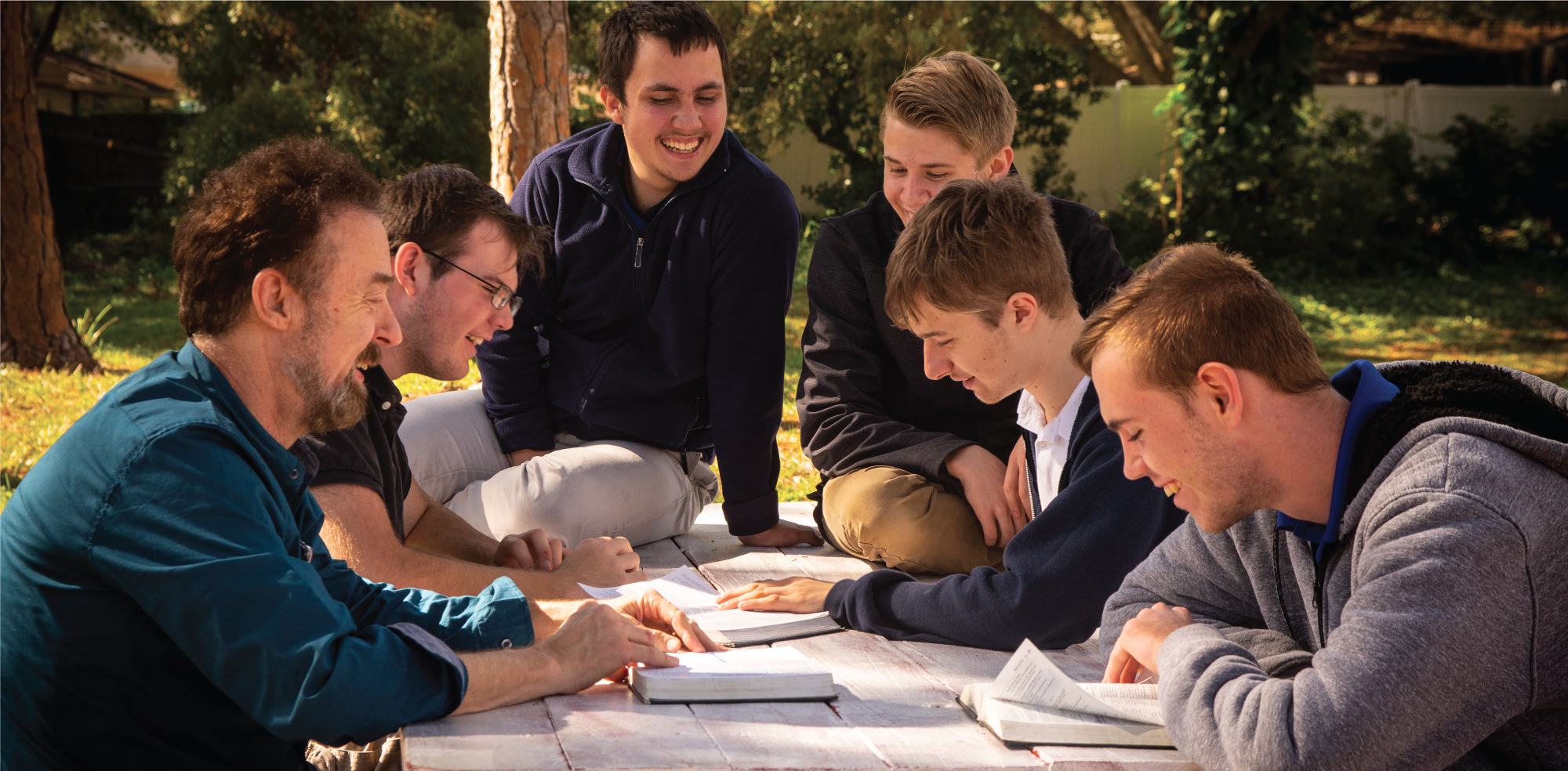
Every 7 minutes a child is bullied. Bullying is a terrible, frightening experience that can also cause lasting harm, long after the behavior has stopped. Approximately 1 in 5 children are bullied in hallways, classrooms and during school related activities each year. More troubling – students living with neurodiveristy are 63 percent more likely to be recipients of bullying behavior than neurotypical peers.
LiFT emphasizes a preventative approach to bullying and implements a comprehensive Anti-Bullying Policy. Promoting an atmosphere of respect and consideration for each other, LiFT creates a haven that nourishes learning, inclusivity and friendships.
LiFT BY THE NUMBERS
increased enrollment
since our opening in 2013
of LiFT Students
are on a scholarship
of LiFT Academy Students
earn a Florida high school diploma
of LiFT U Students
have gained higher education through an internship
of LiFT A & U students
receive the individual accommodations they need to reach their fullest potential

